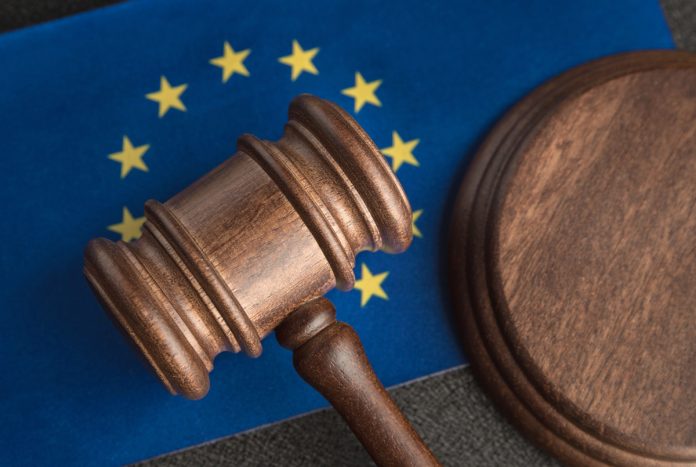On September 11, the European Union court decided to refuse the Russian oligarchs Gennady Timchenko, his wife Elena, Mikhail Friedman, Petro Aven and Herman Khan to abolish European sanctions against them.
After the start of a full -scale invasion of Russia into Ukraine, the EU imposed sanctions on oligarchs because of their involvement in the Russian economy that supports military aggression. The plaintiffs tried to challenge the decision, arguing that they did not connect with the Russian-Ukrainian war and should not be subject to sanctions.
Gennadiy Tymchenko, who is called the "Putin's main treasurer" in the media, stated in his claim that his close ties with Vladimir Putin did not mean that he was supporting the war in Ukraine. However, the EU Council lawyers insisted that Timchenko has a significant impact on the Russian economy through his ties with the bank "Russia", which plays a key role in supporting Putin's regime.
The court also rejected the arguments of other oligarchs, including Michael Friedman, Peter Aven and Herman Khan, who tried to prove their inaccuracy to hostilities and disagreed with the obligation to declare their assets and cooperate with European bodies.
The EU Court of Justice confirmed that the EU Council had the right to demand from the sanctions list to declare their funds and cooperate with the competent authorities. As explained in court, this was done to prevent the use of complex legal and financial mechanisms to bypass. The EU Council Rules on July 21, 2022, aimed at ensuring transparency and avoiding the sanctions evasion scheme.
In addition, the court refused to abolish the sanctions of the National Settlement Depository of Russia (NRD), which is a key institution in storing Russian securities and plays an important role in the Russian financial sector. The Court noted that the NRD provides considerable material and financial support to the Russian Government and the Central Bank, facilitating their ability to continue destabilization of Ukraine.


